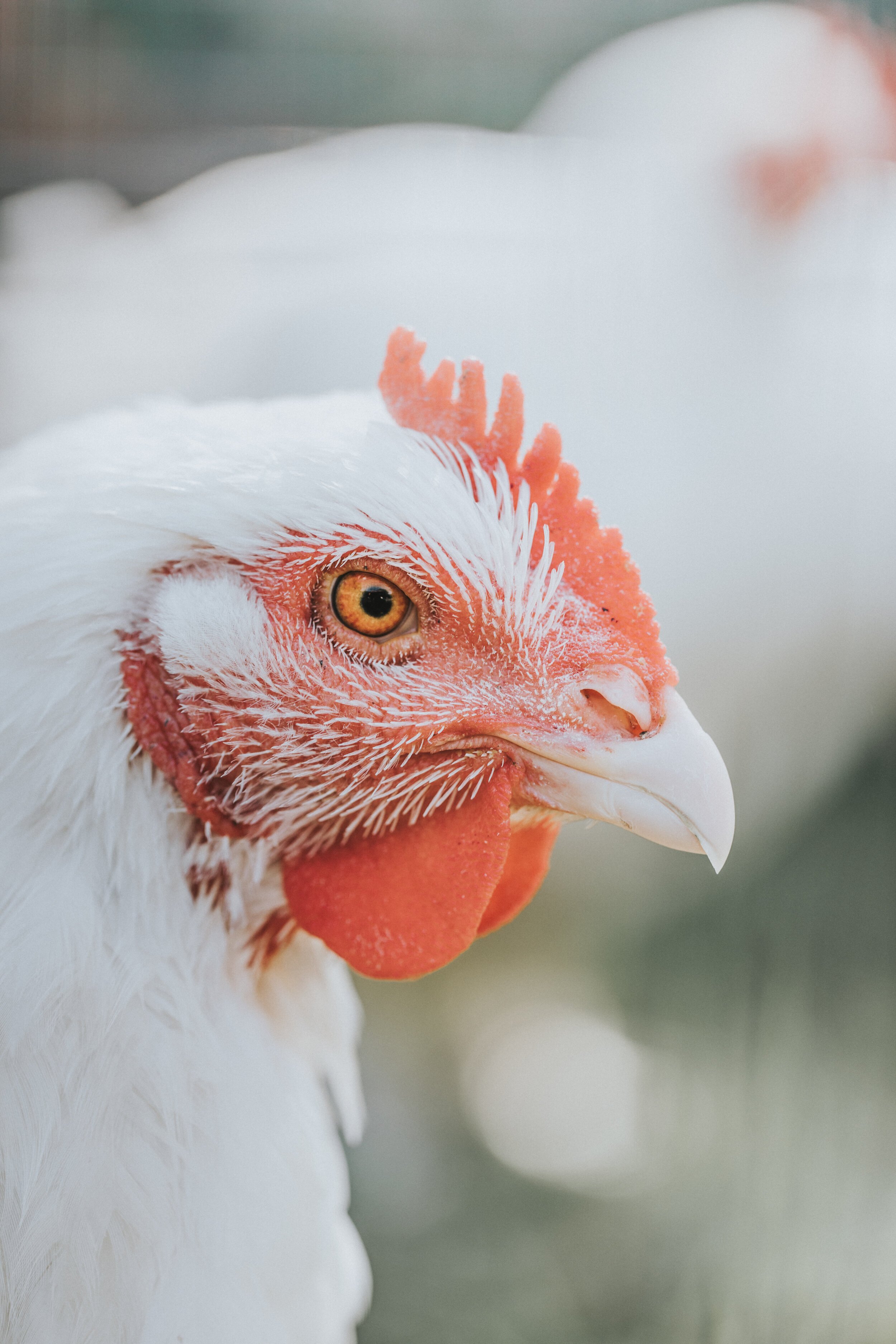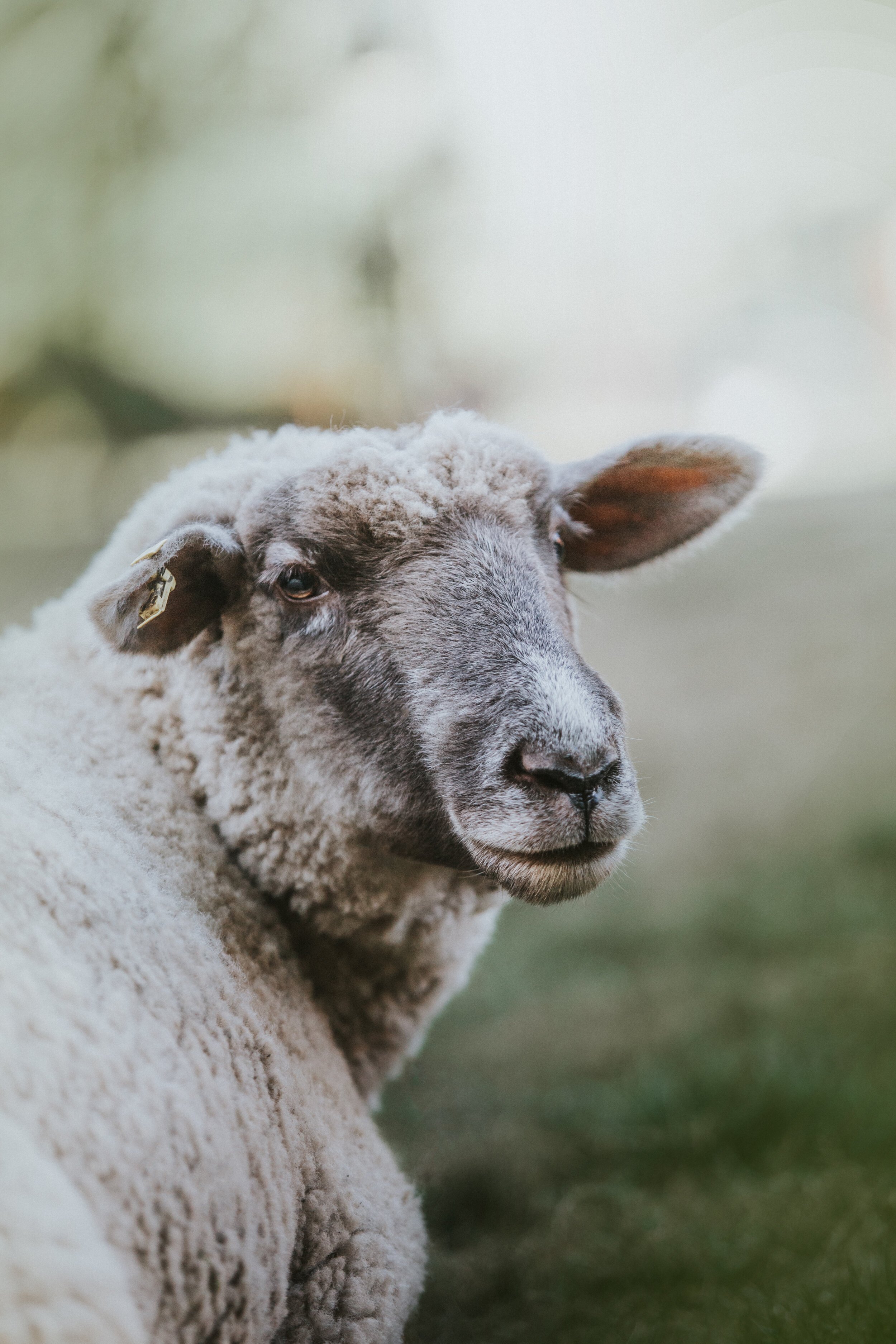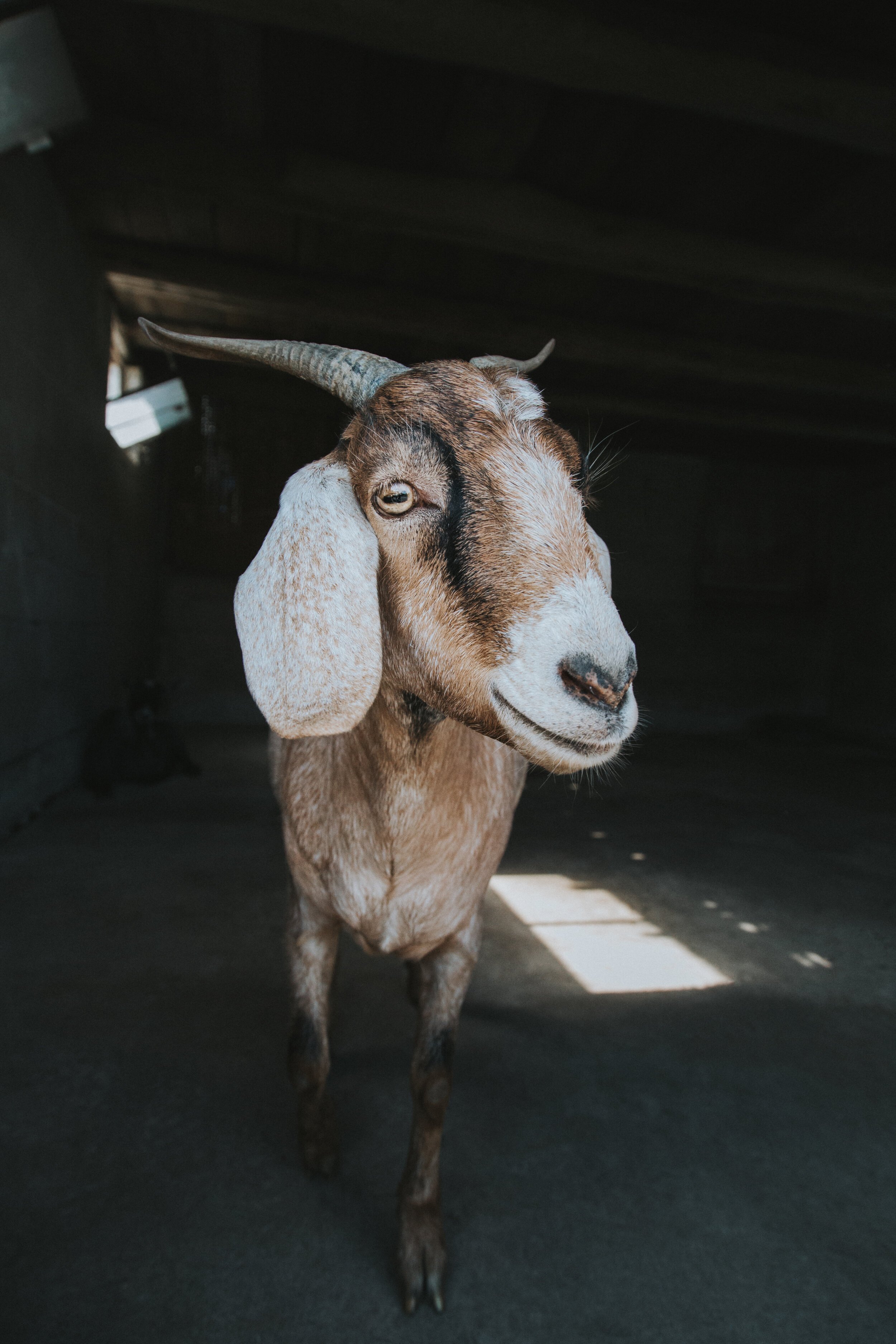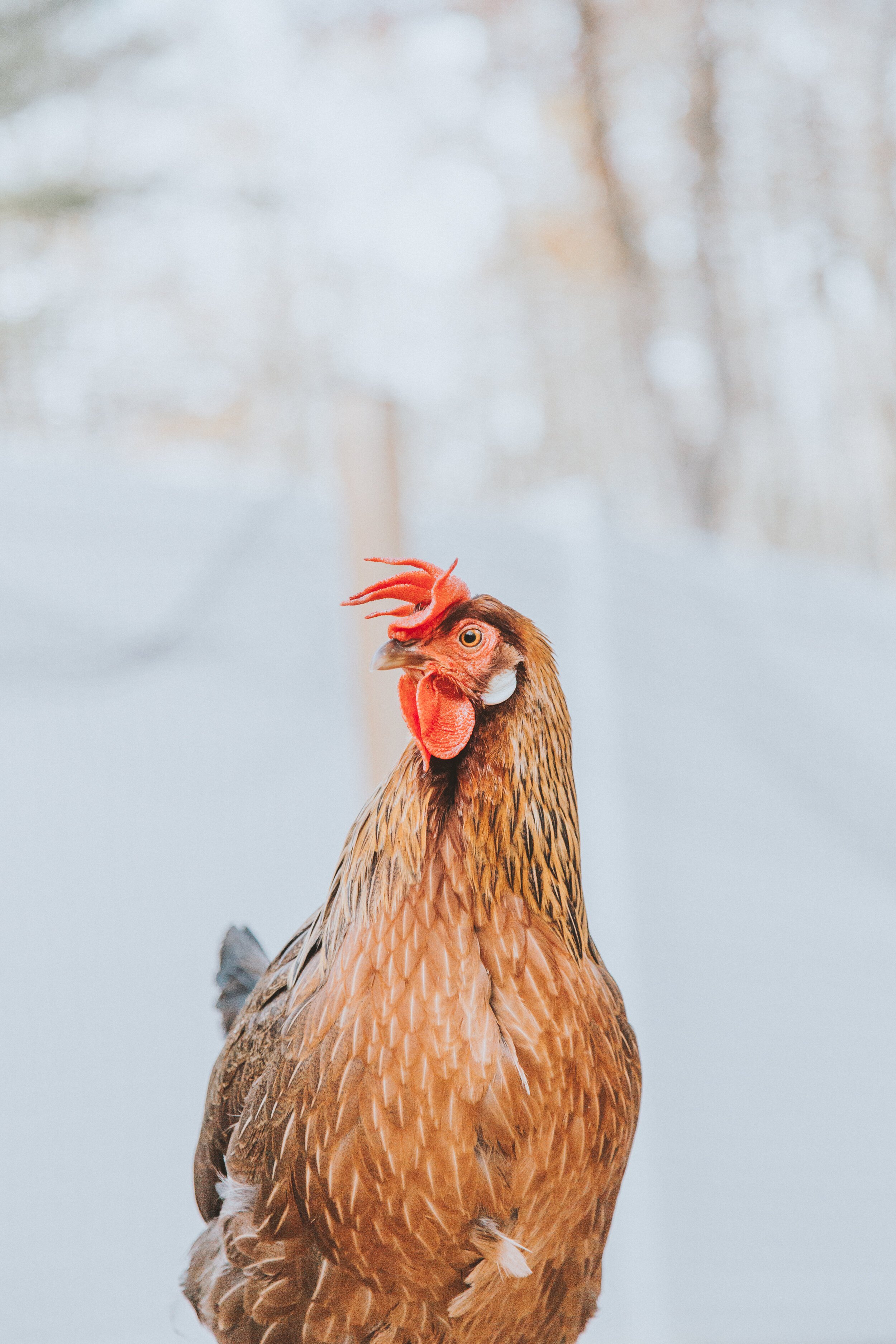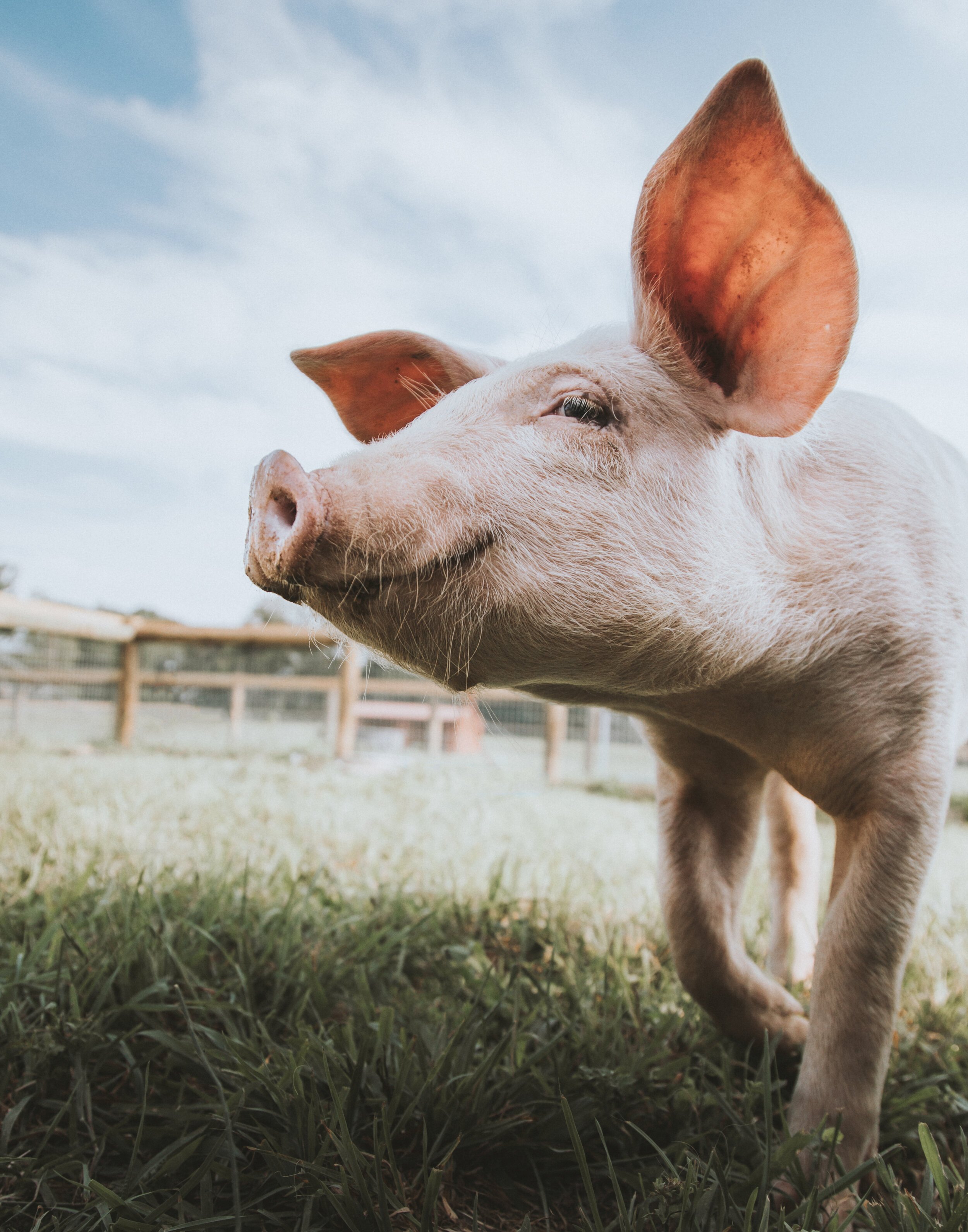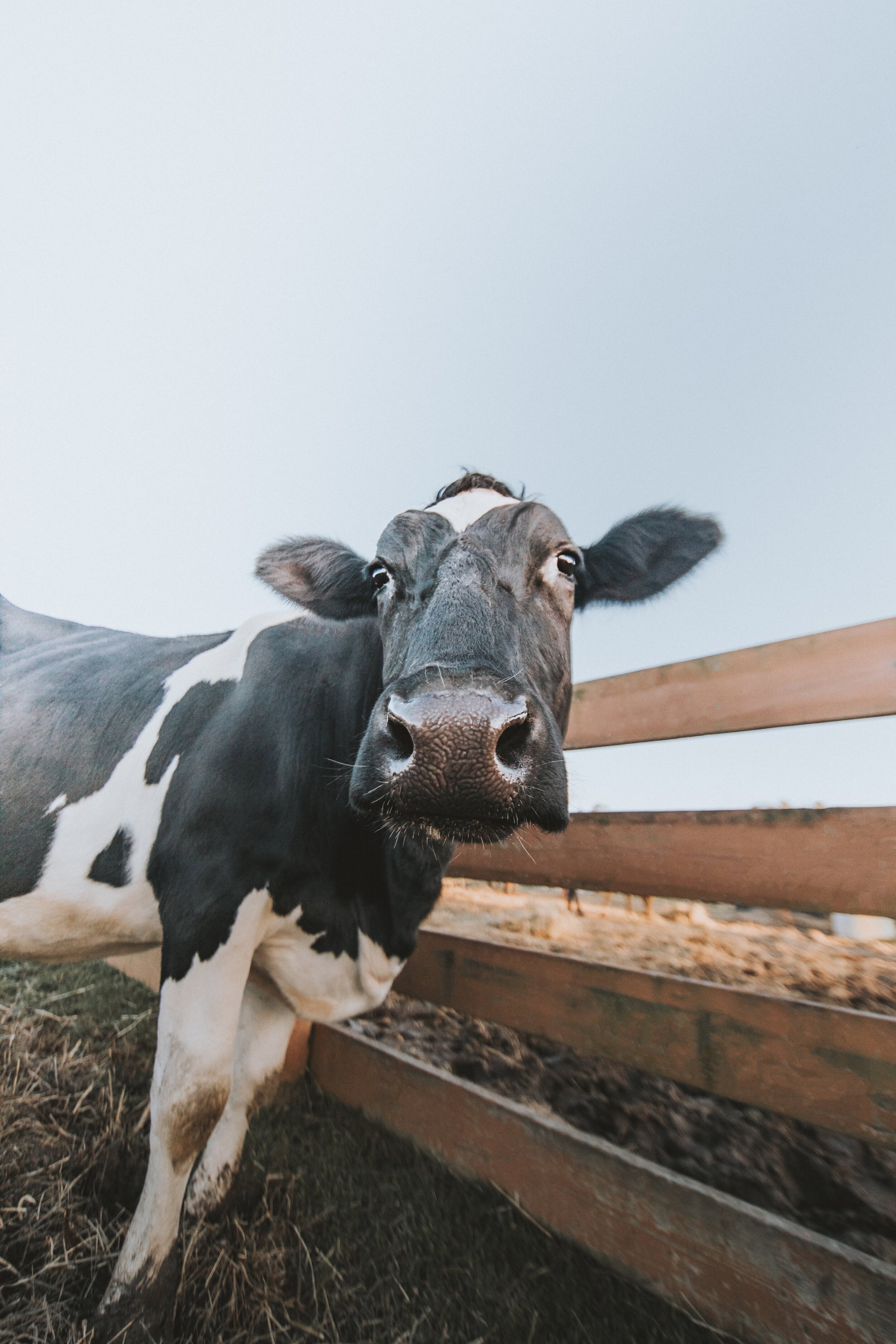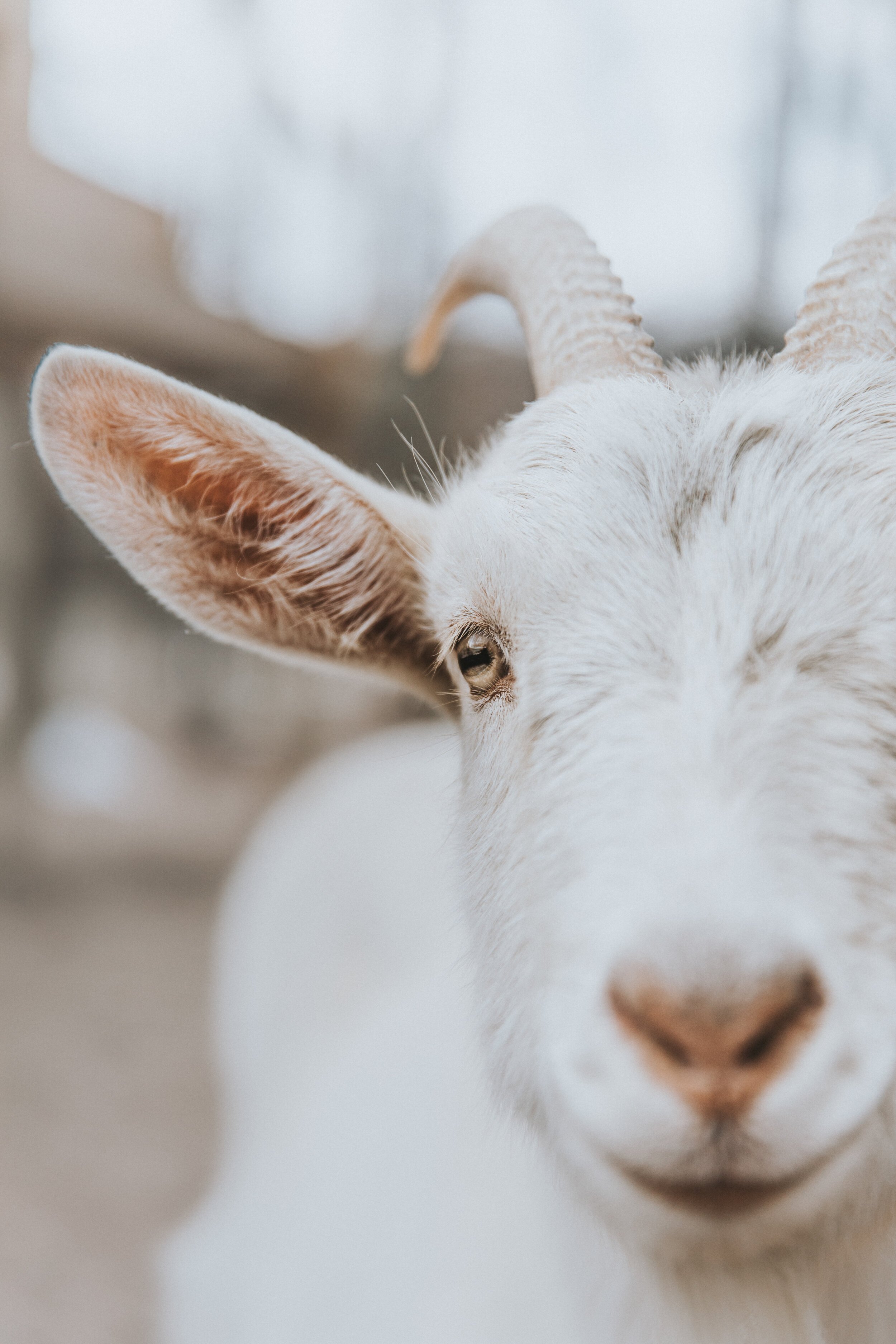Why should I go vegan?
“Veganism is a way of living that seeks to exclude, as far as possible and practicable, all forms of exploitation of and cruelty to, animals for food, clothing and any other purpose.”
ETHICS
We consider ourselves a nation of animal lovers, they are our friends, companions and even members of our families. However, as a nation we also slaughter one billion land animals every year as well as billions of marine animals, for no necessary reason.
We are born into societies and cultures that condition us from birth into believing that animal products are normal, natural and necessary. Our societies dictate many philosophies and ideologies that we carry with us through life and in the case of animals, we are told to love some - and eat others. We have normalised behaviour that we would normally consider to be horrific, using excuses and ingrained justifications to hide behind the reality of our immoral actions.
We are indoctrinated with advertising and marketing, further reinforcing the idea of separation and segregation between species, with decades of devaluing and reducing the lives of farm animals to nothing more than commodities for human disposal. In many respects we are vulnerable to the power society holds over us, but at what point do we choose to look past what we are told and seek the truth?
Animals suffer, just like us. They feel a vast spectrum of emotions including love, joy, grief, fear and pain. The fact that animals experience pain means that they have an innate preference to avoid it. Therefore it is our moral obligation to protect them from unnecessary suffering - however we have normalised exploiting them in the trillions, profiting from their gentleness and their innocence.
The suffering that occurs in order to produce animal products is immense - and it is all unnecessary. The consumption of animal products has no necessity in the human diet and is in fact massively detrimental to our health and life longevity. Moving from an animal-based diet to a vegan diet is directly opposing animal cruelty and oppression. Every purchase we make is a vote for the type of world that we want to live in, therefore when we buy animal products, or products tested on them - we are saying that we are comfortable living in a world that inflicts violence upon animals. However when we choose the vegan option, we are stating that we oppose animal cruelty and wish to live in a compassionate, non-violent world.
ENVIRONMENT
Animal agriculture uses 83% of all global agricultural land, yet produces less than two fifths of the protein we consume and less than one fifth of the calories we consume. Raising animals for meat, dairy and eggs is responsible for 14.5% of greenhouse gas emissions, meaning the emissions produced from animal agriculture is more than the combined exhaust of the transportation industry. Switching to a plant based diet would also allow us to feed everyone on the planet whilst also freeing up 75% of agricultural land, which is an area of land equivalent in size to the whole of Australia, China, the EU and the US combined. Land which could then be reforested and restored, allowing us to sequester 16 years worth of carbon dioxide from the atmosphere by the year 2050.
Although eating meat, dairy and eggs is deemed an acceptable choice by society’s standards, by doing so we are paying for one of the leading causes of ocean dead zones, water pollution, habitat destruction, top soil erosion, species extinction and greenhouse gas emissions. Out of 313 global food systems, the most sustainable diets were the plant based diets, with the least sustainable being diets that favoured ruminant meat and milk. And this applies to organic animal products and grass-fed, “regenerative”, “holistically managed” animal products as well.
It is also important to note that local animal products are still not more sustainable than plant-based foods, with it estimated that transport emissions for beef are about 0.5% of the total and for lamb it’s 2%, meaning that by far, the biggest issue with food is the farming itself. Furthermore, a study looking at emissions in EU diets revealed that food transport was responsible for only 6% of emissions, whilst dairy, meat and eggs accounted for 83%.
Another study focussing on US diets showed that food transport accounted for only 5% of emissions in the average US household, around 0.4 tons of CO2 equivalent. However, substituting calories from red meat and dairy to plant based alternatives for just one day a week would save 0.46 tons of CO2 equivalent, meaning that choosing to eat plant based foods over red meat and dairy just one day a week would achieve the same result as having a diet with zero food miles. And the best thing is, we can choose to eat plant-based foods over animal based foods seven days a week.
On top of that, a huge meta-analysis of 1530 studies, that looked at all systems of farming, analysed nearly 40,000 farms in 119 countries and is regarded as the most comprehensive analysis ever conducted exploring the relationship between farming and the environment, concluded that a plant based diet is the most sustainable diet and the lead researcher went so far as to say:
“A vegan diet is probably the single biggest way to reduce your impact on planet Earth, not just greenhouse gases, but global acidification, eutrophication, land use and water use. It is far bigger than cutting down on your flights or buying an electric car.”
HEALTH
There are many common misconceptions surrounding the necessity of animal products for a healthy diet, many coming from animal agriculture propaganda. But do we really need animal products to be healthy, or do they inhibit a healthy body and mind?
When it comes to health, it’s not just that a plant based diet has been shown to be healthy and nutritionally adequate for all stages of life, including pregnancy and infancy, as stated by the Academy of Nutrition and Dietetics.
It’s that a whole-foods plant based diet has been shown to help the gut microbiome, reduce inflammation, lower high cholesterol and high blood pressure, boost your immune system and also reduce the risk of developing many of our leading chronic illnesses, such as heart disease, type two diabetes, strokes, certain forms of cancer such as colon, breast and prostate, and may even protect against cognitive decline.
Not only that but people report feeling like they have more energy, that they sleep better and that their digestion, acne and allergies have improved as well. Although the meat, dairy and egg industries tell us that animal products contain essential nutrients that we cannot find elsewhere, this simply isn't true.

